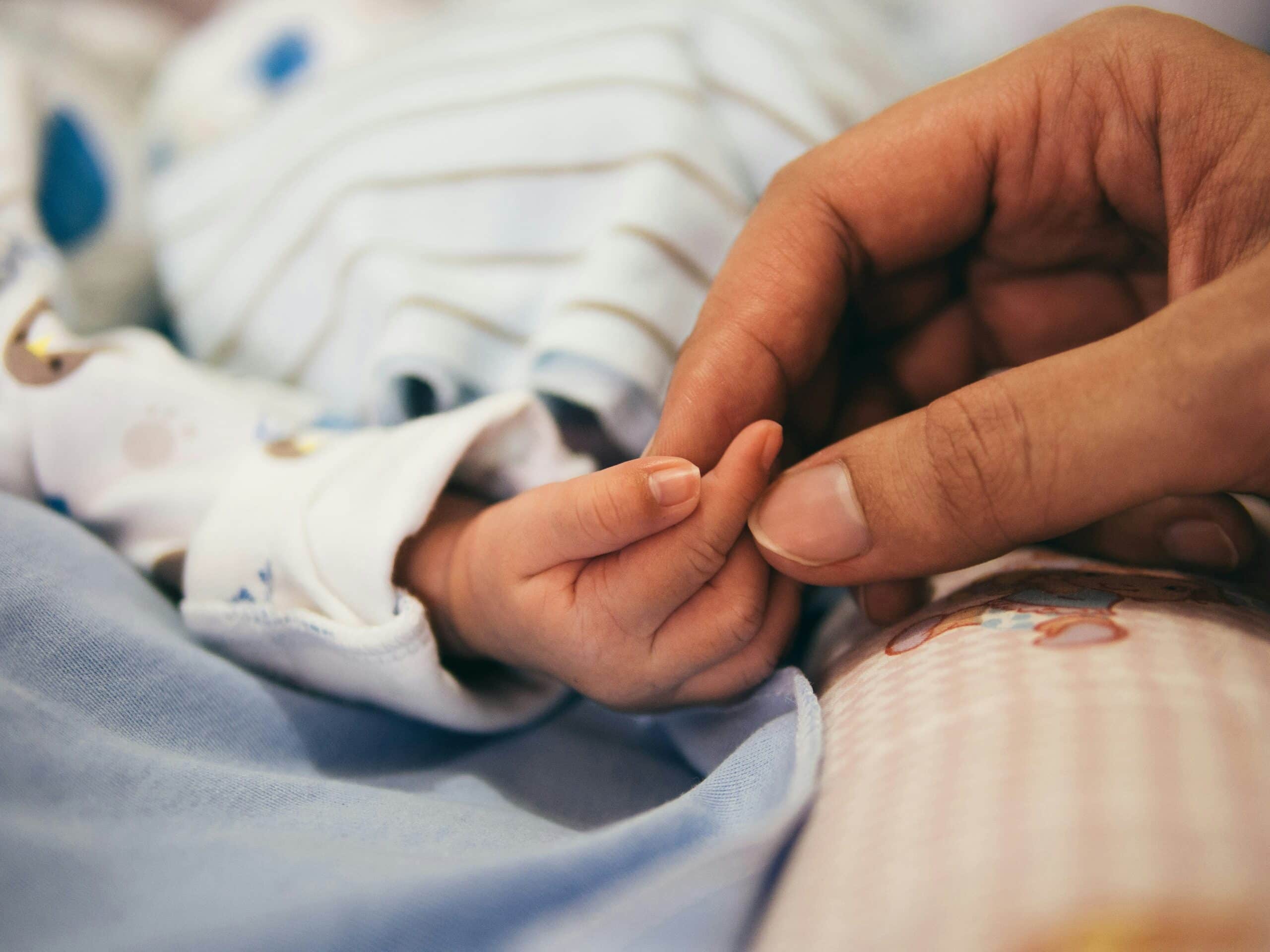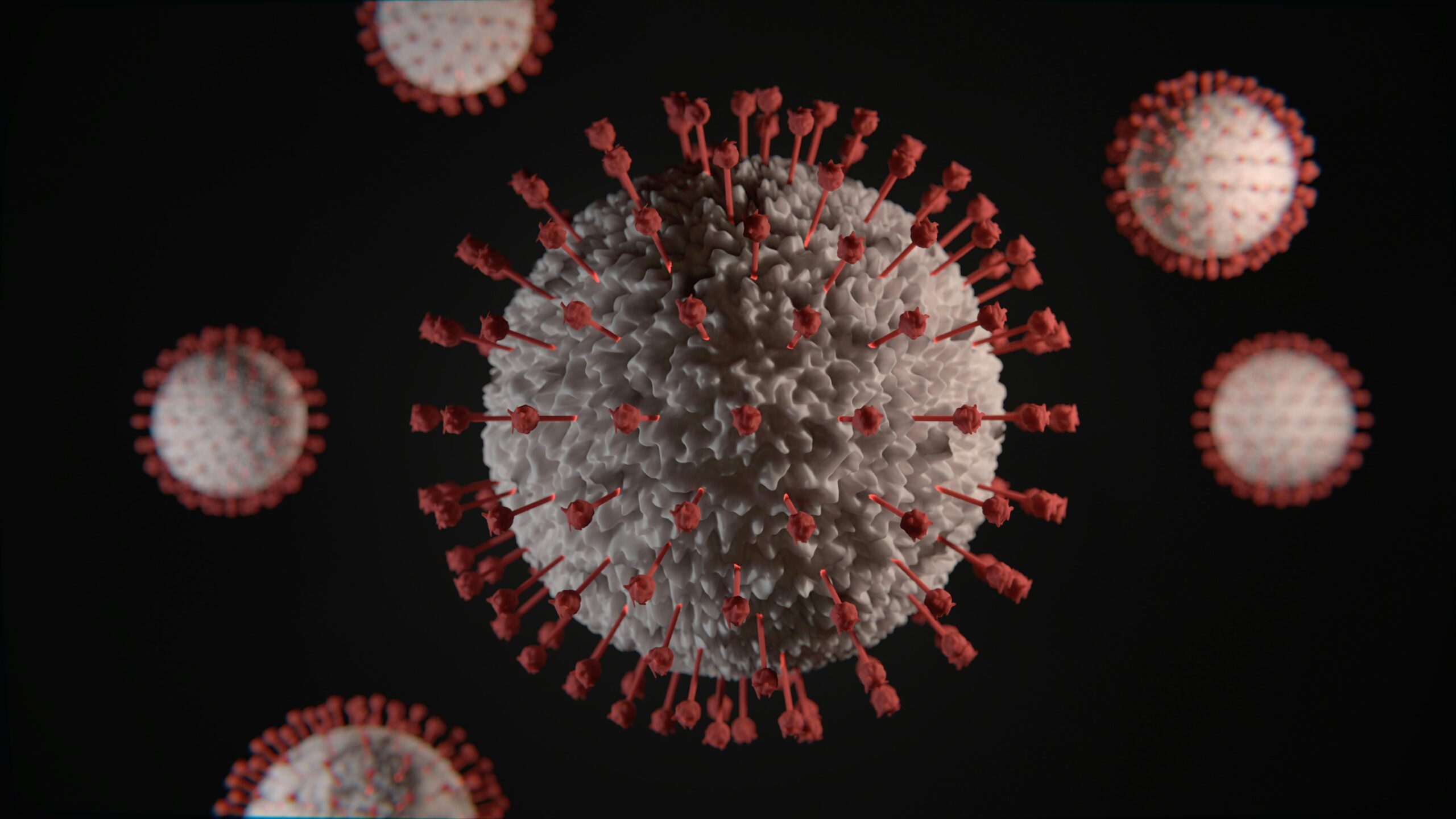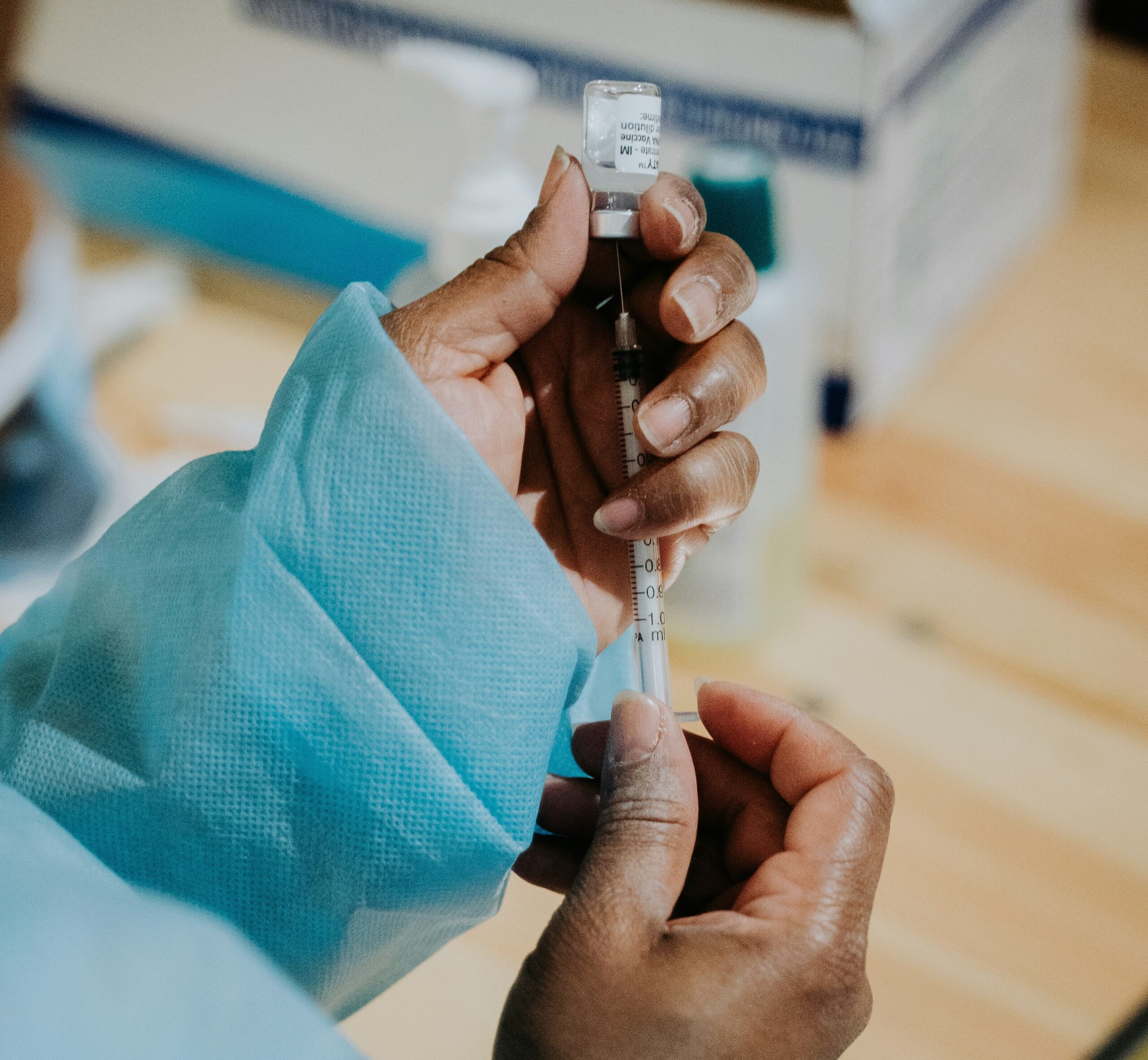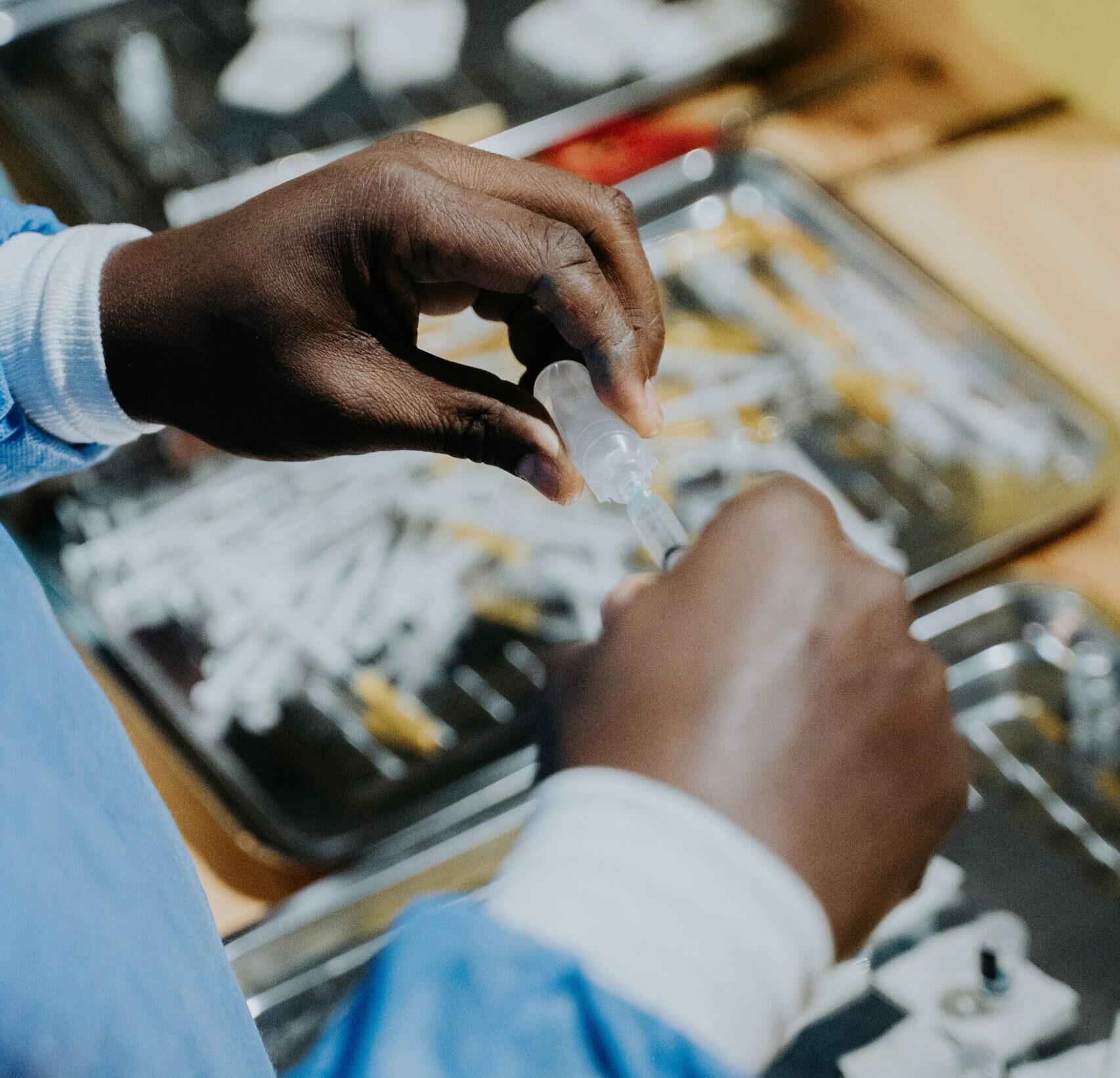
Women’s Health Survey
In these surveys, we asked scientists a variety of questions about women's reproductive healthcare, including their personal views on abortion and access to healthcare. We also explored how the 2022 Supreme Court's decision in Dobbs v. Jackson Women's Health Organization has affected their university's work environment and their state's women's reproductive health outcomes and policies.
Survey Overview and Demographics
General Overview
Study Date: 15.12.22–09.01.23
Geographic Coverage: United States
Response Overview
Sample Size: 400
Valid Responses: 149
Response Rate: 37.3
Date initial findings posted: 01.31.23
Most recent update: 01.31.23
Days survey in field: 26
Average response time: 7
Survey Demographics
Respondent Demographics:
- 54.5% % Femake
- 45.4% Male
- 100% Academic
- 0% Industry
Language(s): English
About the Survey
In these surveys, we asked scientists a variety of questions about women’s reproductive healthcare, including their personal views on abortion and access to healthcare. We also explored how the 2022 Supreme Court’s decision in Dobbs v. Jackson Women’s Health Organization has affected their university’s work environment and their state’s women’s reproductive health outcomes and policies.
Survey Sections

Survey Section 01
Scientists’ Personal Views
Section Overview In this survey, we asked scientists a variety of questions about women’s reproductive healthcare. Topics included scientists’ personal views on abortion and access to healthcare. Other questions in the survey addressed university and state policy responses to the 2022 US Supreme Court Decision- Dobbs v. Jackson Women’s Health Organization. Question Did you vote […]

Survey Section 02
University Policies and Scientists’ Workplace
Section Overview In this survey, we asked scientists a variety of questions about women’s reproductive healthcare. This section asked scientists about how the 2022 Supreme Court’s decision in Dobbs v. Jackson Women’s Health Organization has affected the work environment in their university. Question Has your university posted a public statement in response to the 2022 […]

Survey Section 03
State Policies
Section Overview In this survey, we asked scientists a variety of questions about women’s reproductive healthcare. This section of the survey asked about scientists’ views about the possible effects of the 2022 Supreme Court’s decision in Dobbs v. Jackson Women’s Health Organization on women’s reproductive health outcomes and policies in their state. Question How will […]
Survey Description
The sample for this survey were randomly selected from our SciOPS panel. SciOPS panel is recruited from a random sample of PhD-level faculty in four fields of science. Contact information of faculty in four fields– biology and genetics, civil and environmental engineering, and geography –was collected from randomly selected Carnegie-designated Research Extensive and Intensive (R1) universities in the United States (US) and from all CEPH accredited public health schools. The full sample frame for recruiting SciOPS panel includes contact information for 11967 scientists. 986 eligible scientists consented to become SciOPS panel members, representing AAPOR recruitment rate (RECR) was 8.1%.
This national survey obtained a total of 149 usable responses, representing an AAPOR individual survey response rate (RR4) of 37.3% and an AAPOR Cumulative Response Rate (CUMRR) of 8.1%.
Sample Weighting and Precision: the completed sample was weighted by the inverse of selection probabilities and post-stratified by gender and academic field to represent the population as closely as possible. A conservative measure of sampling error for questions answered by the full sample is plus or minus 5 percentage points. The survey was approved by Institutional Review Boards at Arizona State University and at the University of Illinois at Chicago.


